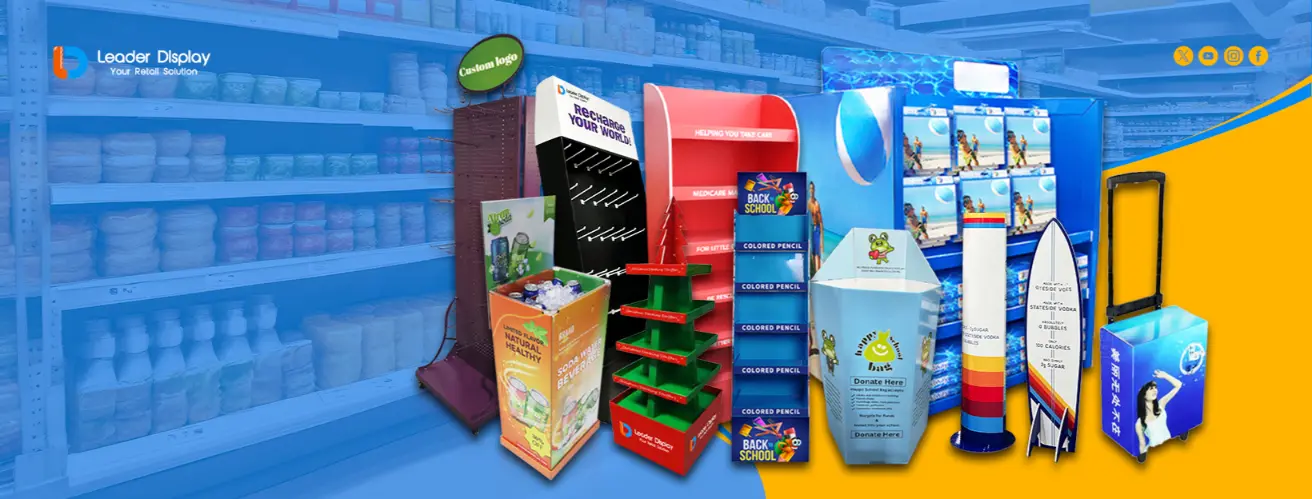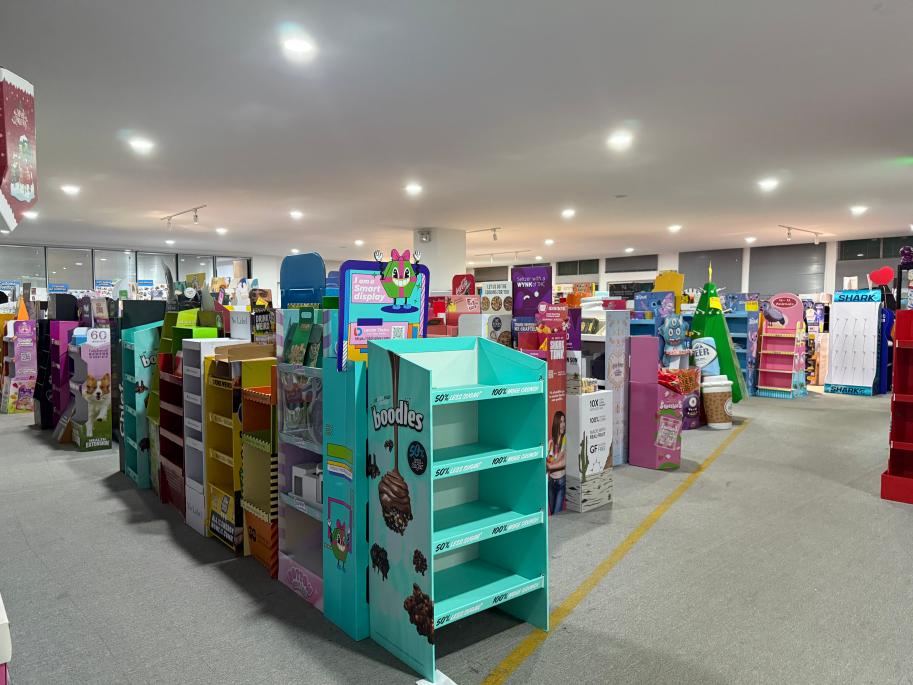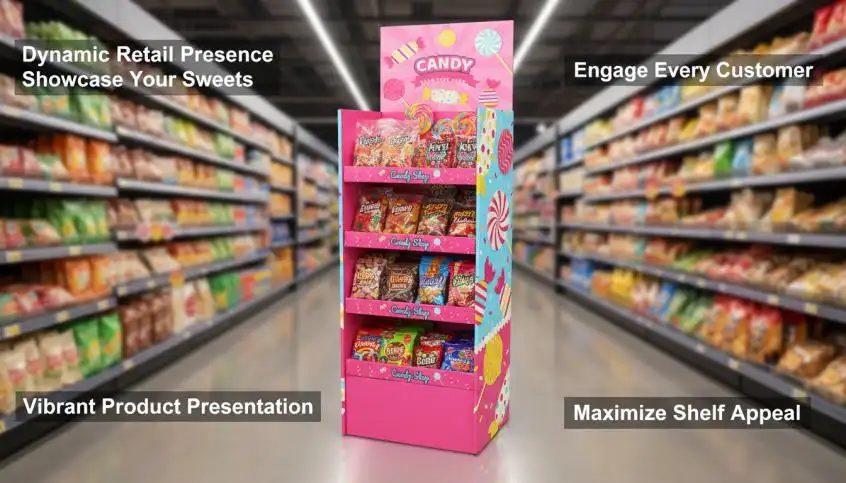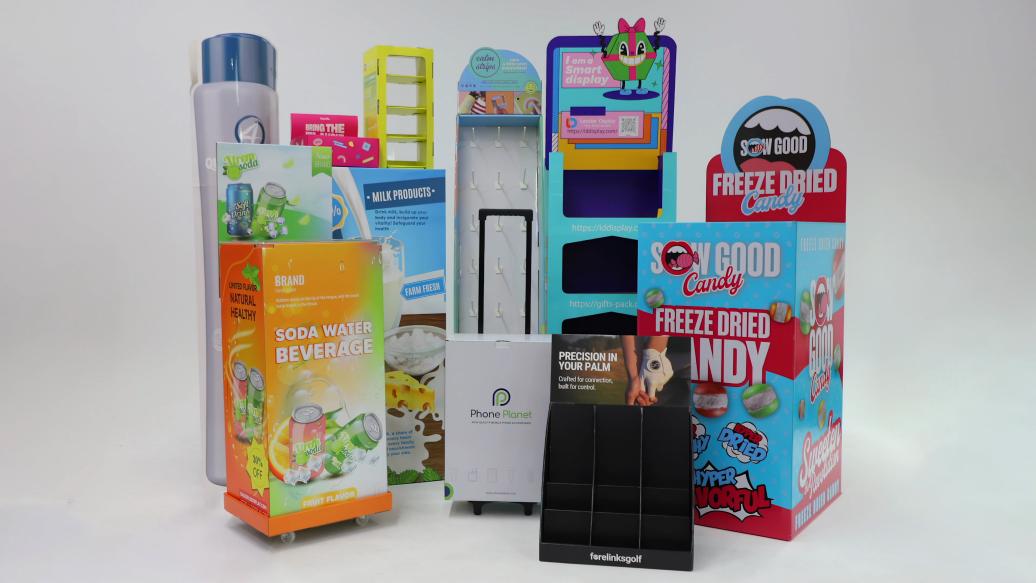In the dynamic realm of packaging and materials, the corrugated paper industry stands at the forefront of innovation and evolution. This blog explores the transformative trends shaping the modern landscape of corrugated paper, offering a comprehensive glimpse into the industry's growth, sustainability efforts, and technological advancements.
Unveiling the Growth Trajectory
The corrugated paper industry has witnessed a remarkable growth trajectory in recent years, fueled by the escalating demand for eco-friendly and durable packaging solutions. As businesses worldwide embrace sustainable practices, corrugated paper emerges as a frontrunner, providing a versatile and recyclable alternative to traditional packaging materials.
Sustainable Packaging Revolution
With environmental consciousness on the rise, the corrugated paper industry has embarked on a sustainable packaging revolution. Manufacturers are adopting eco-friendly practices, from sourcing raw materials responsibly to implementing energy-efficient production processes. This shift not only caters to consumer preferences but also aligns with global initiatives to reduce the ecological footprint of packaging materials.
Technological Advancements Redefining Standards
In the digital age, technology plays a pivotal role in shaping industries, and the corrugated paper sector is no exception. Cutting-edge advancements are redefining manufacturing standards, enhancing efficiency, and introducing innovative designs.
Precision in Production
Automation and robotics have revolutionized the production lines, ensuring precision and consistency in the manufacturing process. From corrugation to printing, technology-driven solutions contribute to high-quality outputs, meeting the diverse needs of industries relying on corrugated packaging.
Customization Capabilities
Modern consumers seek unique and personalized experiences, and the corrugated paper industry is responding with enhanced customization capabilities. Digital printing technologies enable intricate designs, vibrant colors, and even personalized packaging, catering to the demands of a market that values individuality.
Navigating Challenges with Resilience
As with any industry, the corrugated paper sector faces its share of challenges. Fluctuating raw material costs, logistics complexities, and evolving consumer expectations present hurdles that demand resilience and adaptability.
Supply Chain Optimization
To navigate the challenges posed by supply chain complexities, industry players are investing in robust supply chain optimization strategies. From efficient inventory management to streamlined logistics, these measures ensure a seamless flow of raw materials and finished products, contributing to overall industry resilience.
Innovation Amidst Challenges
Challenges spark innovation, and the corrugated paper industry is embracing this principle. Research and development efforts focus on finding sustainable alternatives, optimizing production processes, and creating packaging solutions that address emerging market needs.
The Future: A Tapestry of Possibilities
As we gaze into the future of the corrugated paper industry, a tapestry of possibilities unfolds. Continued emphasis on sustainability, integration of advanced technologies, and a commitment to meeting evolving consumer expectations will shape the industry's trajectory.
Sustainable Innovations
The journey towards sustainability will see the emergence of new and innovative materials, production methods, and recycling solutions. The industry's commitment to minimizing its environmental impact will drive ongoing research and development in this direction.
Digital Transformation
The digital transformation of the corrugated paper industry will continue to evolve, offering manufacturers unprecedented capabilities in design, production, and customization. The adoption of Industry 4.0 principles will further enhance connectivity and efficiency across the entire value chain.
In conclusion, the modern landscape of the corrugated paper industry is characterized by growth, technological advancements, resilience in the face of challenges, and a forward-looking approach to sustainability. As the industry continues to evolve, it remains a cornerstone of the global packaging ecosystem, providing solutions that meet the demands of a rapidly changing market.





